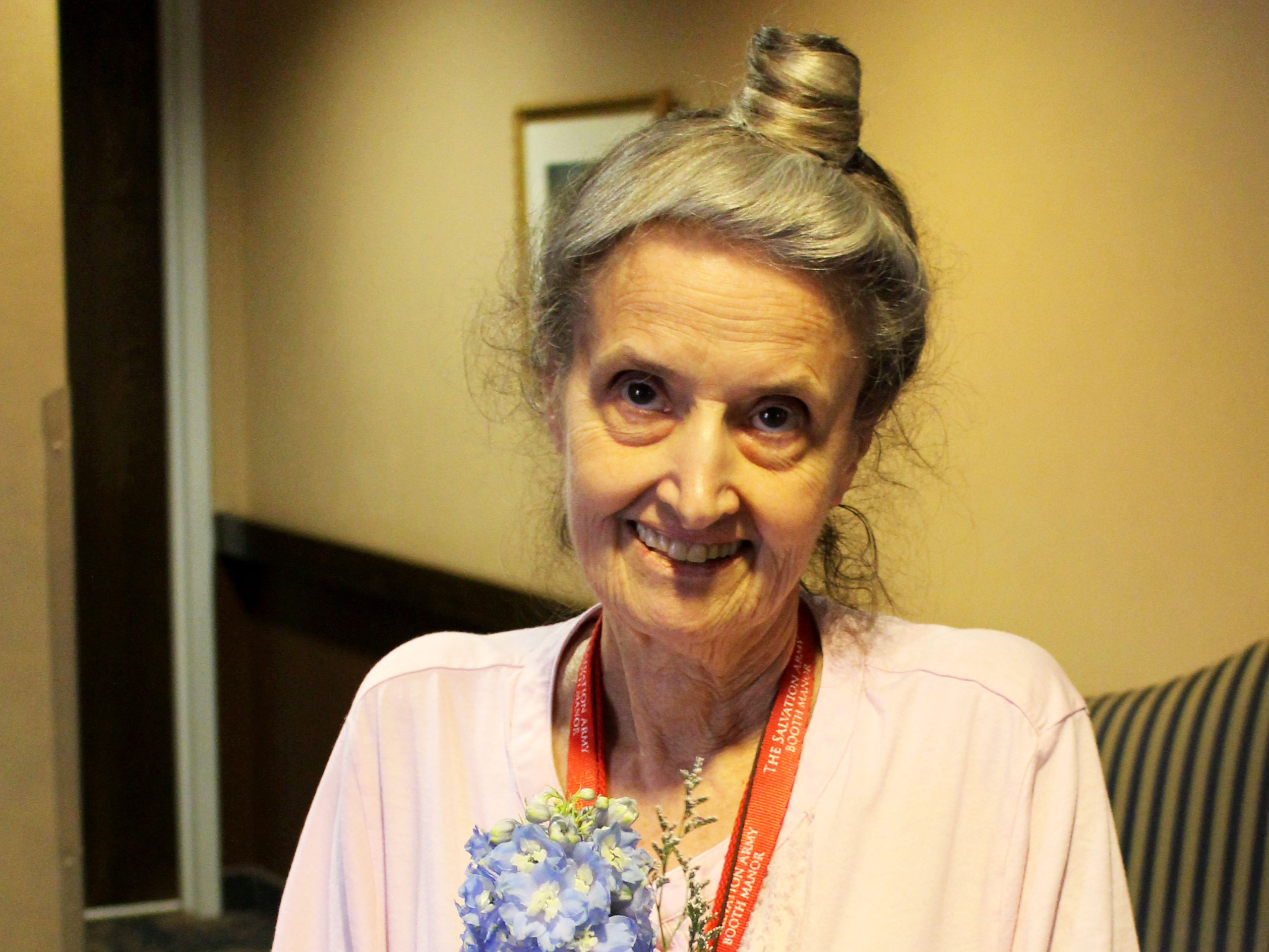How Meals on Wheels volunteers fight loneliness

Without fail at lunchtime, Bonnie is in the lobby of her Minneapolis apartment complex waiting, welcoming in the volunteers serving the day’s meals to her and her neighbors. Quick with a smile when the volunteers enter, she’ll offer her thoughts on the best approach to delivering the day’s meals to her neighbors in the high rise.
On days when the volunteers have an extra bag used to deliver a week’s worth of frozen meals to another resident, Bonnie will offer to hold the bag in her apartment. That way they don’t have to carry the empty bag while delivering to residents on the higher floors.
“We owe the volunteers a special thanks for being willing to serve,” she says about why she likes to welcome them in every day.
Bonnie says the meals she receives each day are essential toward helping her eat healthy and live independently. She also says the feeling of community she gets from being part of the program provides an irreplaceable benefit.
Why fighting loneliness, in addition to hunger, matters
Bonnie is not alone in how she feels about the program. A recent national study of the Meals on Wheels program by Brown University found that 77 percent of people who received daily, hot meals from Meals on Wheels said it helped them feel less lonely.
That study also found that recipients who lived alone were more likely than others to report that the daily meal delivery helped them feel more connected to the community. As we age, the more likely we are to live alone. In the United States, a third of adults over age 65 now live alone, as do half of those over the age of 85.
Locally, almost three out of every four recipients we serve (74 percent) live alone. With many of the people we serve facing mobility challenges that may prevent them from being as active as they would like, the volunteers delivering the meals can provide a much-appreciated social outlet.
Mounting research suggests loneliness doesn’t only affect our state of mind, but our physical health. Social isolation can be linked to a wide range of health problems from increased risk of heart disease to accelerated cognitive decline, noted Dr. Dhruv Khullar in a 2016 commentary for the New York Times.
‘When people are hurting I try to help them the best I can.’
When Bonnie’s chatting with her neighbors at her apartment complex, she’s not shy about how Meals on Wheels has helped her. After spending her career in nursing, she said it’s in her nature to try to help people even when asking for help can be difficult.
“I do a lot of volunteering around the building here and I run into people who would benefit,” she says. “When people are hurting I try to help them the best I can.”
For Bonnie and about a dozen of her neighbors, Meals on Wheels volunteers bring not only the nourishment of a warm meal, but friendly conversation as well. The research on the health consequences of loneliness suggests that the social aspect of meal delivery could play just as important role as the food.
Want to join the fight against loneliness, sign up to volunteer for Meals on Wheels today!

